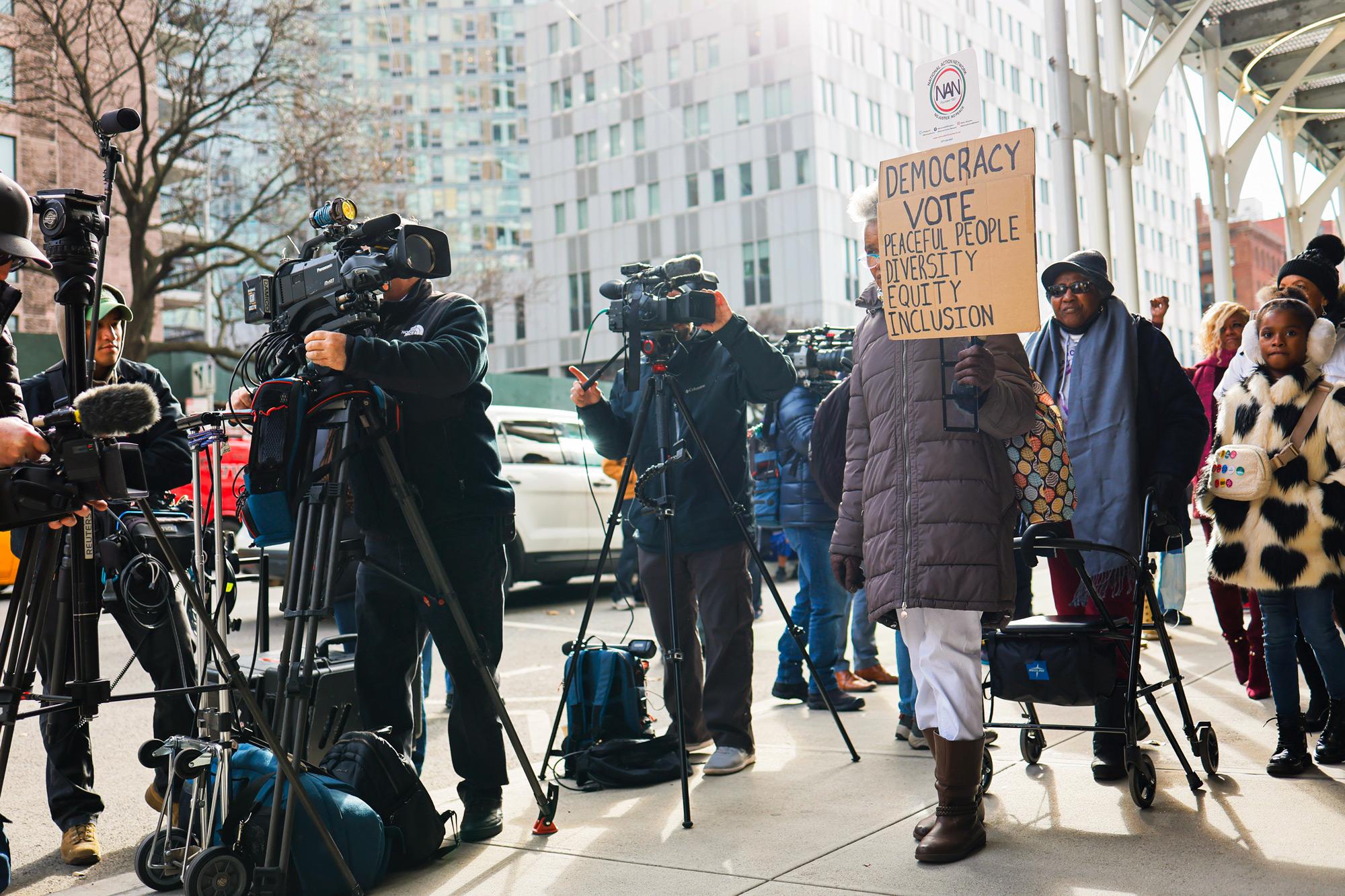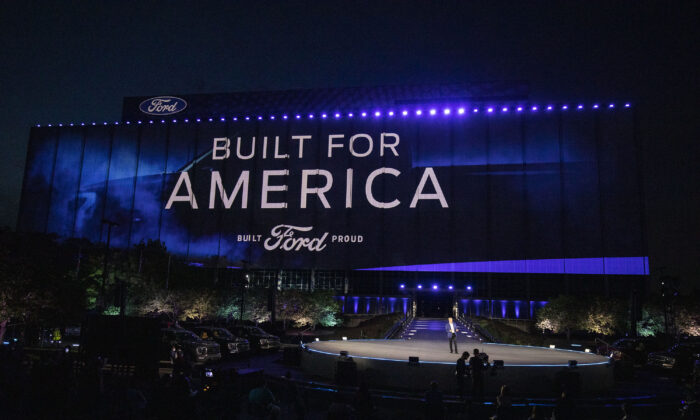As Ford took steps last week to distance itself from the “diversity, equity, and inclusion” (DEI) movement that has swept the corporate world in recent years, it became just one of a number of companies that are rethinking their commitments to race-based ideology.
Ford’s reversal on DEI follows that of other major corporations, including Tractor Supply, John Deere, Harley-Davidson, Polaris, Indian Motorcycle, Lowe’s, and most recently Molson Coors, which have reportedly revised their DEI policies, either due to public pressure or legal challenges.
In addition, 25 companies have been formally notified by shareholders since 2021 that their DEI programs constitute illegal discrimination under federal and state civil rights laws, as well as a breach of fiduciary duty to investors.
“This is a trend, for sure,” Jerry Bowyer, president of Bowyer Research, a conservative investment consulting firm, told The Epoch Times. “The rapid succession, the way it’s occurred, there’s almost a cascade effect going on.
“That whole world of ESG, stakeholder capitalism, DEI—the whole idea of companies as social engineers rather than as value producing business—had just gotten so far ahead of what customers wanted,” Bowyer said. “Shareholders were not asking for this.”
“One by one we WILL bring sanity back to corporate America,” Starbuck stated.
In response to a request by The Epoch Times for comment, a Ford spokesperson stated: “The communication to our global employees speaks for itself. We have nothing further to add.”
Taking on Customer Feedback
A number of companies that pursued DEI and other progressive programs have come under pressure from activists, shareholders, customers, and state attorneys general to end them.
The company stated that it would no longer participate in the Human Rights Campaign rating system but instead “focus on rural America priorities including ag education, animal welfare, veteran causes and being a good neighbor, and stop sponsoring nonbusiness activities like pride festivals and voting campaigns.”
It further pledged to eliminate DEI roles within the company and drop CO2 emission goals, focusing instead on land and water conservation.
Law firms are also stepping back from DEI programs. Legal suits by conservative nonprofit American Alliance for Equal Rights (AAER) have compelled some major law firms to allow people of all races to apply for fellowships previously reserved for people of color.

Members of the National Action Network protest outside the office of hedge fund billionaire, Bill Ackman, in New York City on Jan. 4, 2024. Michael M. Santiago/Getty Images
“Using someone’s race as a factor in employment decisions is unfair, polarizing, and illegal,” Edward Blum, president of AAER, told The Epoch Times.
“Significant majorities of Americans of all races do not believe someone’s race should be used by any employer to hire or promote any individual. Corporations are at risk of being sued for their DEI practices.”
On the other side, organizations that support DEI policies have had harsh words for companies that backtrack.
Bloem said that activists who are pushing against DEI “believe they can bully their way into dismantling initiatives that help everyone thrive in the workplace.”
Bloem said with the LGBT community “wielding $1.4 trillion in spending power, retreating from these principles undermines both consumer trust and employee success.”
Advocates of DEI programs say that they are legal and beneficial.
“They do not disadvantage any particular worker. This is why they have long been held lawful.”
And many companies, such as Microsoft, have reiterated their commitment to DEI programs.

Employees celebrate the grand opening of Microsoft’s first flagship store on Fifth Avenue in New York City on Oct. 26, 2015. Bryan Thomas/Getty Images
‘Eliminating All of It’
Some experts say that companies are assuming legal risks by setting corporate policy according to gender or race.
“Two recent rulings from the U.S. Supreme Court cast serious doubt on the legality of racial or gender-based quotas in employment,” Jeremy Tedesco, senior vice president of Corporate Engagement for the Alliance Defending Freedom, told The Epoch Times.
The court ruling in Harvard v. Students for Fair Admissions established that universities receiving government funding cannot discriminate in their admissions criteria. This decision marked a shift from previous rulings that allowed universities to use racial discrimination as a remedy for a limited time. The ruling had implications beyond school admissions, extending to employers under Title VII of the Civil Rights Act. The decision prompted a clarification that Title VII prohibits various forms of discrimination in the workplace, and employers were advised to review their diversity practices. Additionally, a group of attorneys general from 13 states reminded companies of their legal obligation to refrain from race-based discrimination. Despite studies suggesting benefits of diversity in companies, a recent study questioned the methodology and validity of these claims. The Biden administration has been actively implementing DEI programs for government employees, while some lawmakers have introduced legislation to eliminate such programs.
According to the White House memorandum, “A growing body of evidence demonstrates that diverse, equitable, inclusive, and accessible workplaces yield higher-performing organizations.”
However, this initiative has faced opposition.
“The DEI agenda is a destructive ideology that breeds hatred and racial division,” Vance stated. “It has no place in our federal government or society.”
The Epoch Times reached out to John Deere, Harley-Davidson, Polaris, Indian Motorcycle, Molson Coors, and Lowe’s for comment, but did not receive a response at the time of publication.
Please rewrite the following sentence:
“The student is struggling to understand the complex math problem.”
“The student is finding it difficult to comprehend the intricate math problem.”
Source link







